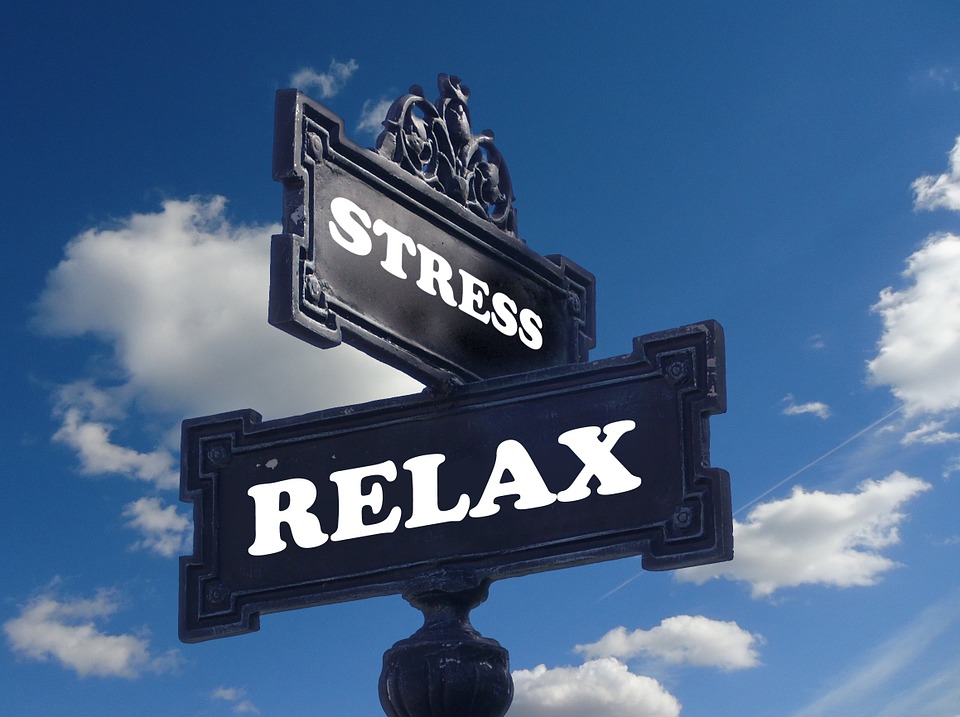 In 1920, the passage of the Volstead Act plunged the United States into one of its darkest periods: Prohibition. For 13 years, alcohol was illegal to produce, sell or transport. Though the act was passed with the intention of increasing labor productivity and reducing crime, homelessness and other societal woes, prohibition effectively did the opposite, causing a nationwide crime craze and perhaps contributing to the worst economic depression in American history.
In 1920, the passage of the Volstead Act plunged the United States into one of its darkest periods: Prohibition. For 13 years, alcohol was illegal to produce, sell or transport. Though the act was passed with the intention of increasing labor productivity and reducing crime, homelessness and other societal woes, prohibition effectively did the opposite, causing a nationwide crime craze and perhaps contributing to the worst economic depression in American history.
Around the same time Americans were reintroducing alcohol, they were solidifying efforts to ban another psychoactive substance: cannabis. States started prohibiting the possession and consumption of weed as early as 1907, and the Federal Government effectively ended cannabis sales and transport in 1937. Yet, unlike alcohol prohibition, cannabis prohibition lasted decades, and much of the propaganda used to perpetuate cannabis bans remains in the public psyche today.
As more states reverse their anti-cannabis stance, research is discovering that this sticky green herb isn’t nearly as dangerous as we once thought. In fact, it might even be safer and more beneficial to individual and community health than alcohol.
What Alcohol Does to the Body

Once absorbed into the bloodstream, alcohol wreaks utter havoc on the human body. Alcohol acts as a depressant on the brain, interfering with critical functions like balance and coordination as well as impulse control and emotional stability. In the kidneys, alcohol works as a diuretic, compelling the system to shed water which makes the drinker exceedingly dehydrated. Worst of all, in the liver, alcohol is metabolized into acetaldehyde, an acidic toxin that kills cells.
A small amount of alcohol every so often isn’t particularly dangerous; in fact, it can have a positive effect on health by dilating blood vessels, making it easier for oxygen and nutrients to reach every corner of the body. However, moderate and heavy alcohol consumption literally poisons the body, weakening almost every system and putting drinkers at serious risk of long-term health conditions. It isn’t difficult to find alcohol drinkers with liver disease, heart disease, pancreatitis, infertility, nerve damage and more.
Worse, chronic drinkers can develop physical dependence on alcohol. When this occurs, the body and brain become accustomed to functioning with a certain level of acetaldehyde; removing acetaldehyde too quickly will leave the brain unable to produce certain neurochemicals, resulting in serious impairment and even death. Alcoholics are strongly recommended to seek professional help when they quit drinking, so they can have the proper medical support to survive the transition away from alcohol.
What Cannabis Does to the Body
Regardless of how one consumes cannabis, the compounds within the drug eventually enter the bloodstream — through the lungs, through the digestive system, through the skin, etc. From there, cannabis compounds bind to different types of receptors and have different effects, some of which researchers have yet to fully understand. Predominantly, the most abundant cannabis compound and the one responsible for the drug’s intoxicating effects, THC, binds with receptors in the endocannabinoid system.
The endocannabinoid system is responsible for a whole slew of bodily functions, many of them incredibly important: homeostasis, pain sensation, memory formation, digestion and more. When THC interacts with the endocannabinoid system, it interrupts many of these functions for a brief period, which is what results in the famous cannabis high. The effects are essentially euphoria, increased appetite, impaired judgement and relaxation. At worst, too much THC can cause blood pressure to lower, heart rate to increase and some nausea.
The long-term effects of cannabis use aren’t well understood as yet. Some research indicates that heavy cannabis consumption at a young age can impair proper brain development — but there are also studies indicating that cannabis could be a useful neuroprotectant, keeping brain cells healthy amidst deteriorating diseases like Parkinson’s or epilepsy. It is possible that long-term cannabis smoking might affect the lungs negatively, but again, there is no evidence to support this supposition.
Conclusion
So, should one visit a Los Angeles dispensary or an L.A. liquor store? Ultimately, that depends on an individual user’s preferences. Comparing what we know about both substances, alcohol does seem more dangerous than cannabis, and the more we learn about weed, the better it seems for the human body. Even so, it is always important to consume intoxicating substances in moderation, and all cannabis consumers should stay aware of new information released about the drug’s effects.









